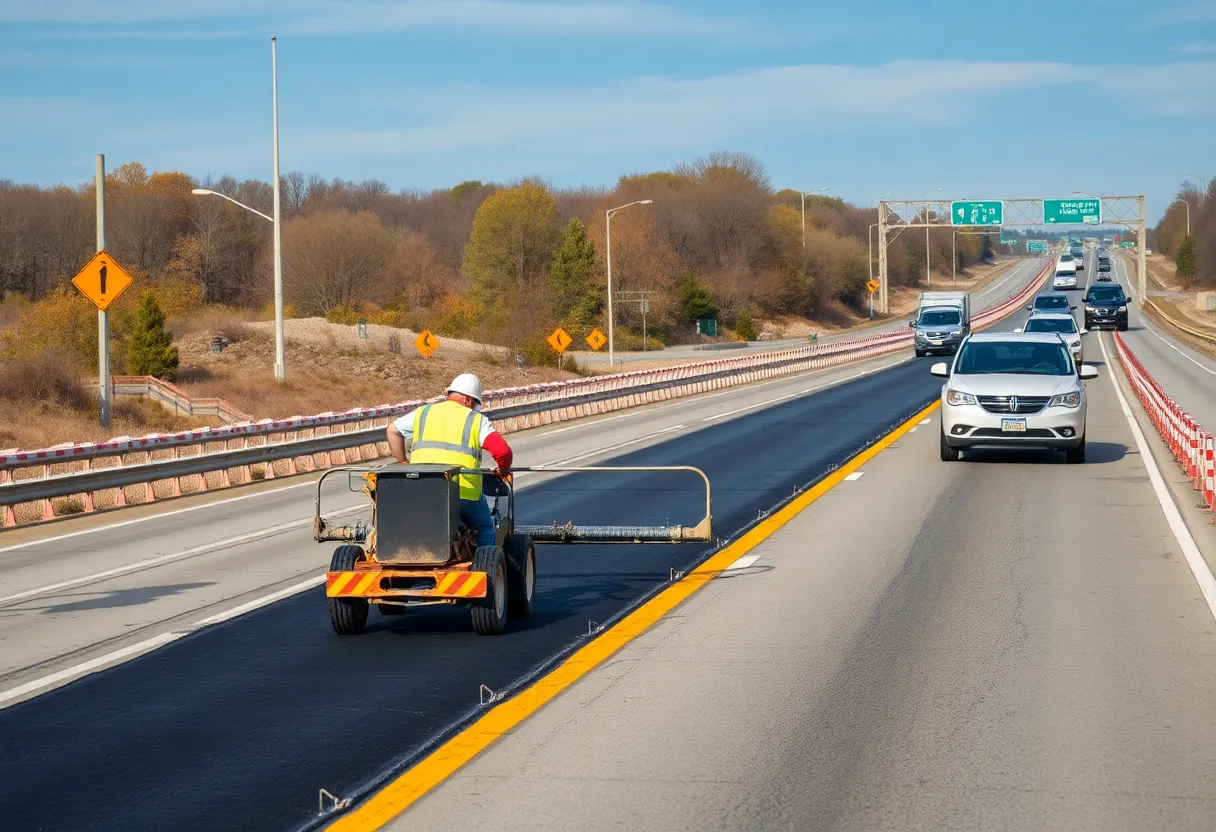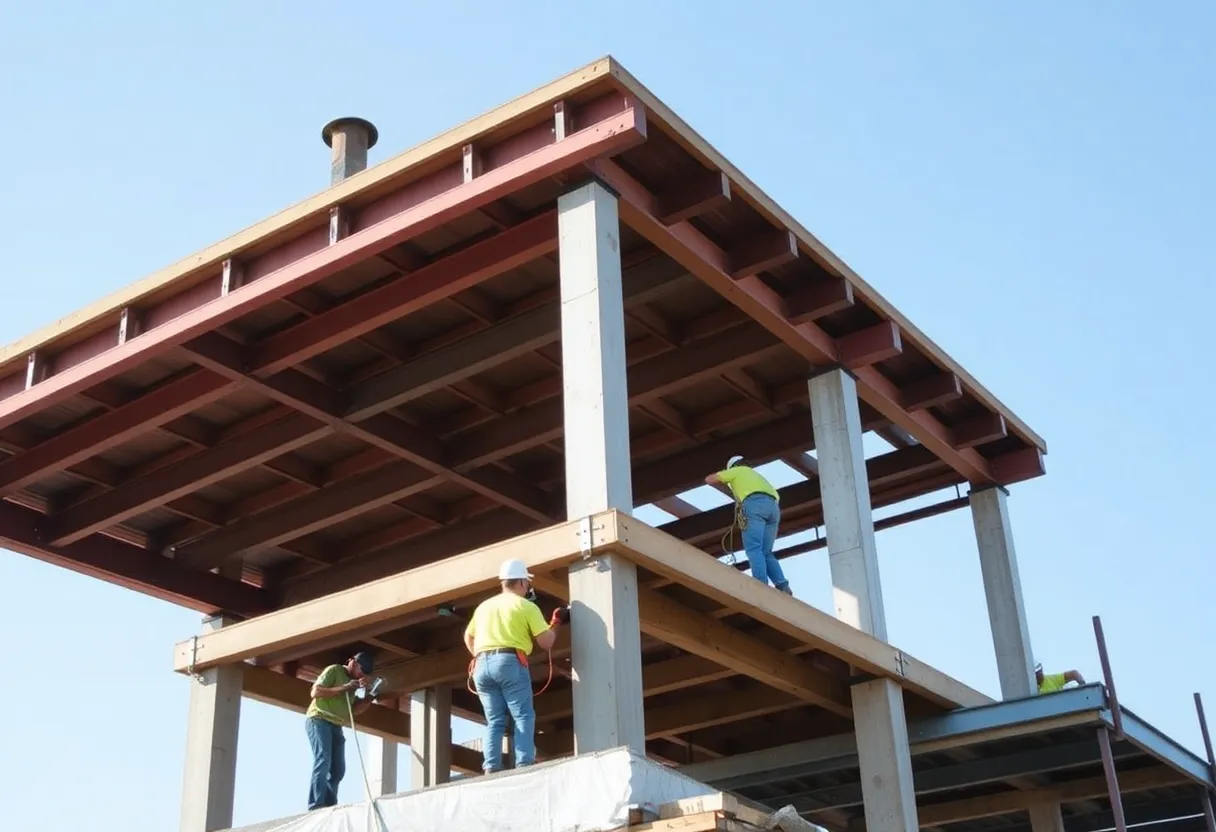News Summary
Oregon’s Governor has signed the SB 426 bill into law, aimed at combating wage theft within the construction industry. The legislation establishes clear responsibilities for owners and general contractors regarding unpaid wages owed to subcontractors. Additionally, it allows workers to sue directly for unpaid wages, thereby promoting transparency and accountability. While the bill is supported by labor advocates, some industry players express concerns about its potential impacts on hiring practices. As the law prepares to take effect, stakeholders must adapt to the new regulations.
Oregon Governor Signs Landmark SB 426 Bill to Combat Wage Theft in Construction Industry
On June 9, 2025, Governor Tina Kotek made a significant move to protect workers in Oregon’s construction industry by signing SB 426 into law. This new legislation, which takes effect on January 1, 2026, aims to address ongoing issues of wage theft that have plagued the sector.
The recently enacted law imposes strict liability on owners and general contractors for unpaid wages owed to lower-tier subcontractors on most private construction projects. This means that if a subcontractor fails to pay its employees, the owners or general contractors can still be held responsible for those unpaid wages, regardless of whether they directly paid the subcontractor.
In addition, the law allows employees to sue owners or general contractors directly for any unpaid wages, providing a clearer route for workers to seek the payment they are owed. Beyond unpaid wages, owners and direct contractors may also be liable for various costs like fringe benefit contributions, interest, penalty wages, damages, and attorney’s fees. Notably, penalty wages can accumulate up to 30 eight-hour days of wages for each affected employee.
The provisions of SB 426 state that claims for unpaid wages must be brought within two years from the date they are due. This timeframe is designed to ensure that employees have adequate time to pursue their claims while also pushing employers to settle promptly.
SB 426 clarifies the roles within the construction industry by defining key terms such as owners, direct contractors, and subcontractors. However, the bill does include some exemptions for smaller residential and commercial projects, which might alleviate some concerns from industry players about the implications of the law for minor builds.
To comply with the new regulations, first-tier subcontractors are required to provide certified payroll records if requested by owners or direct contractors. Failure to provide these records could result in these subcontractors remaining liable for unpaid employee wages. This measure aims to improve transparency and ensure that workers are compensated for their labor.
Moreover, SB 426 invalidates any agreements that attempt to waive or indemnify owners or direct contractors from liability as assigned under the new law. This ensures that parties cannot sidestep their responsibilities regarding wage payment, securing better protections for workers.
Despite its potential benefits, the bill has received mixed reactions from the construction industry. Some opponents, including construction associations, argue that it unfairly shifts liability to parties who may not have direct control over subcontractor practices. They express concern that this could lead to a reluctance among owners and general contractors to hire new subcontractors, ultimately affecting job creation and increasing operational costs.
On the other hand, supporters of SB 426 believe that the legislation will encourage owners and contractors to hire more reputable subcontractors and ensure that workers receive the payment they deserve for their work. Advocates for wage rights have rallied in favor of the bill, citing it as a crucial step toward fairness and accountability within the industry.
The bill passed in the Senate with an 18-11 vote in April 2025, showcasing strong support from various labor organizations and advocates who view the new law as a necessary measure to combat ongoing issues of wage theft.
As Oregon prepares for the implementation of SB 426 in 2026, the construction industry will be facing new dynamics that could reshape traditional practices concerning hiring and wage responsibilities. Stakeholders will need to adapt to these changes, focusing on compliance and accountability to foster a healthier work environment for employees across the state.
Deeper Dive: News & Info About This Topic
Additional Resources
- DJCOregon: Oregon Construction Wage Theft Bill SB 426
- Wikipedia: Wage Theft
- Willamette Week: Lawmakers and Construction Wage Theft
- Encyclopedia Britannica: Labor Law
- NFIB: Stand Up for Law-Abiding Property Owners
Author: Construction FL News
The FLORIDA STAFF WRITER represents the experienced team at constructionflnews.com, your go-to source for actionable local news and information in Florida and beyond. Specializing in "news you can use," we cover essential topics like product reviews for personal and business needs, local business directories, politics, real estate trends, neighborhood insights, and state news affecting the area—with deep expertise drawn from years of dedicated reporting and strong community input, including local press releases and business updates. We deliver top reporting on high-value events such as the Florida Build Expo, major infrastructure projects, and advancements in construction technology showcases. Our coverage extends to key organizations like the Associated Builders and Contractors of Florida and the Florida Home Builders Association, plus leading businesses in construction and legal services that power the local economy such as CMiC Global and Shutts & Bowen LLP. As part of the broader network, including constructioncanews.com, constructionnynews.com, and constructiontxnews.com, we provide comprehensive, credible insights into the dynamic construction landscape across multiple states.





